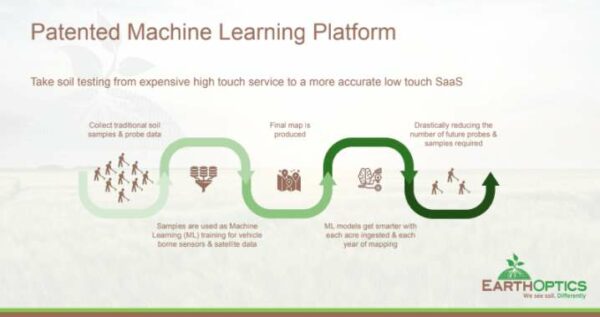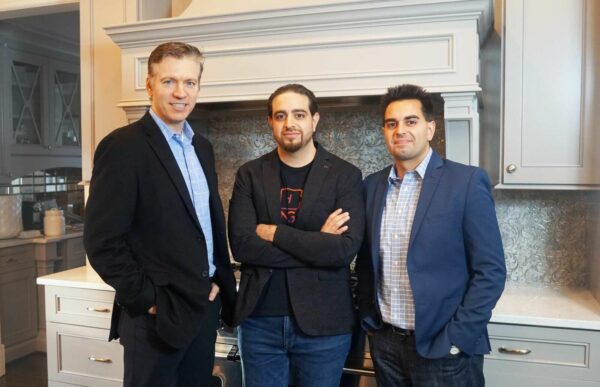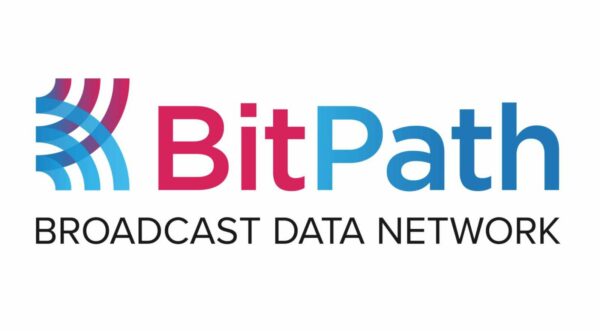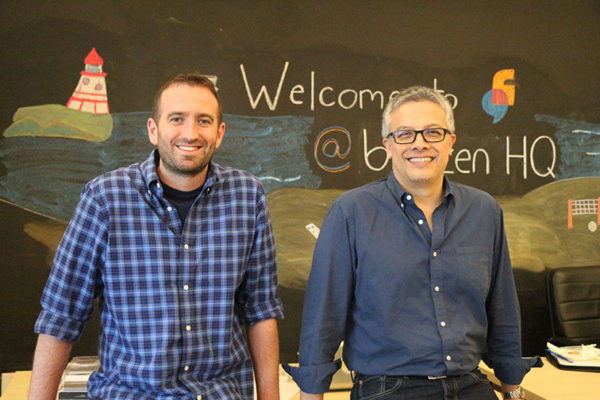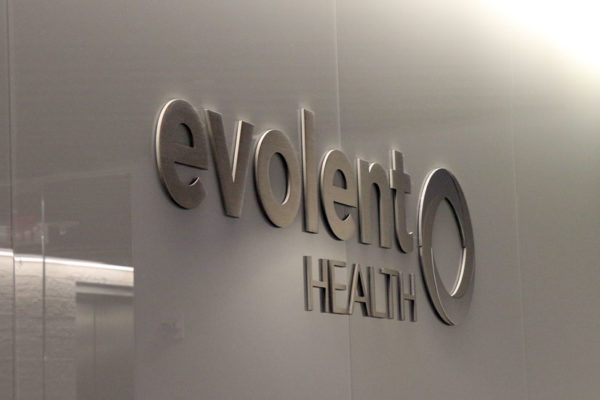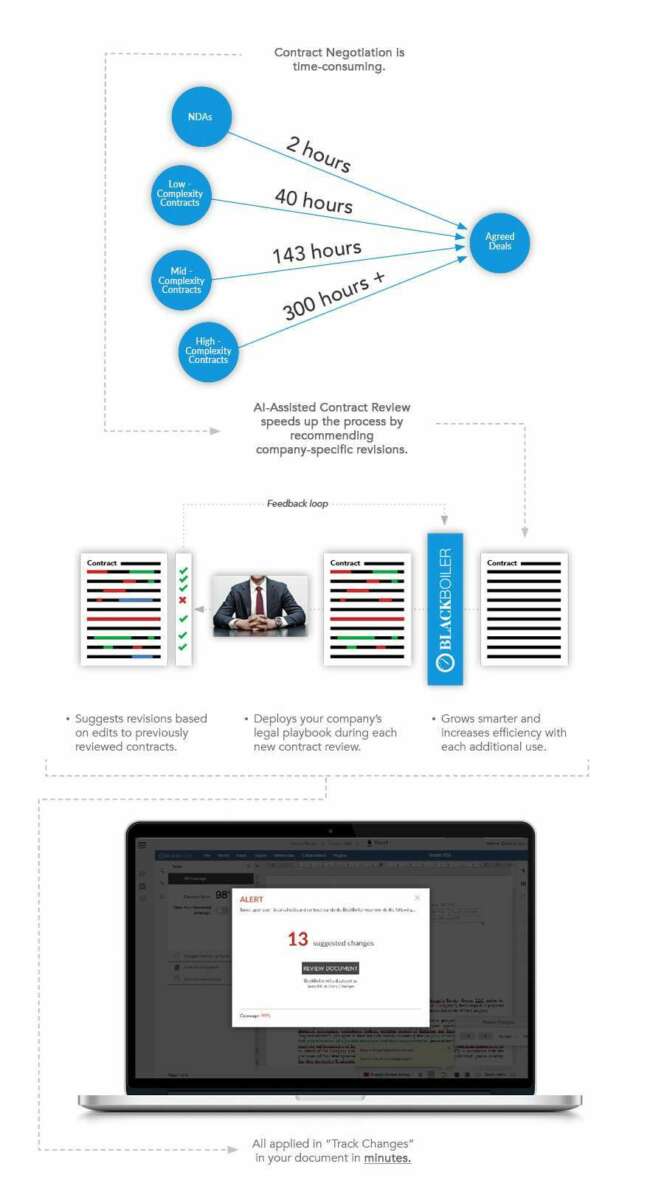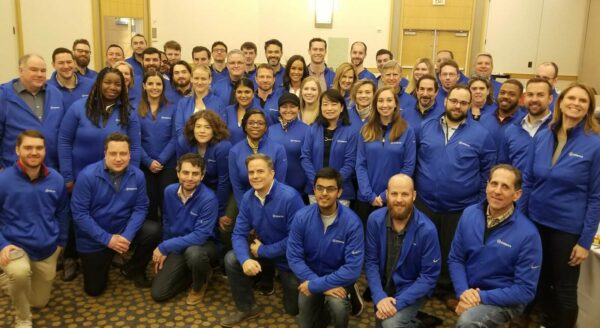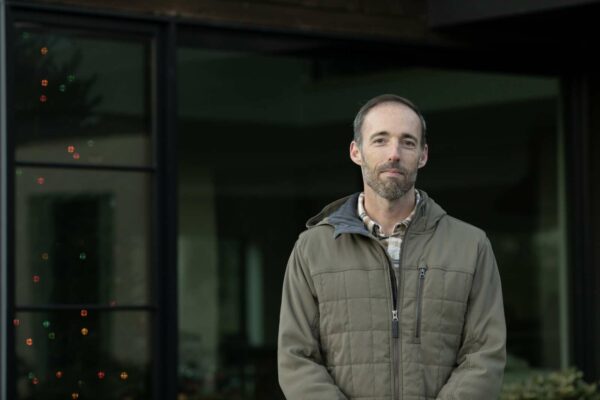Sponsored by Monday Properties and written by ARLnow, Startup Monday is a weekly column that profiles Arlington-based startups, founders, and other local technology news. Monday Properties is proudly featuring 1515 Wilson Blvd in Rosslyn.
(Updated 2:25 p.m.) This week, George Mason University’s Virginia Square campus will hold Accelerate 2022, a new startup competition and investor conference.
Tomorrow (Tuesday) and Wednesday, the campus will host dozens of top tech companies and students who will showcase their ideas to venture capital investors and the D.C.-area tech community. They’ll be competing for cash prizes and potential investments as well as “fame, glory, and bragging rights,” the website said.
The competition targets companies from Virginia, Maryland and D.C. with $2 million in revenue or less, students with business concepts that could be viable in the long term, and entrepreneurs seeking seed funding.
“This will be pretty exciting,” said Paula Sorrell, GMU’s associate vice-president of innovation and economic development. “There’s a lot of interest. Knowing the early-stage tech economy is important to the region and expanding rapidly, we’re all running at a rapid pace and this is one example of that.”
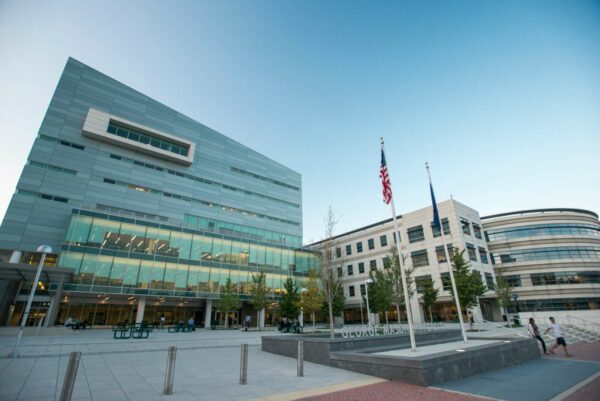
Taking into account some last-minute registrations, Sorrell says there will be “a couple hundred” participants this year, spread across four indoor-outdoor venues.
Accelerate 2022 is one of the early fruits of Mason’s planned expansion in Arlington and the Commonwealth’s Tech Talent Investment Program, which aims to graduate thousands of computer science students. Both were sparked by Amazon’s decision to establish its second headquarters in Arlington, construction of which is now well underway.
“The feedback we got pretty consistently indicated that there were a couple of gaps,” Sorrell said. “One was in seed capital and the other was in late-stage funds. In Mason’s role as educator and convener, the feedback was we can play a role in getting together ecosystem partners, curating partnerships between local investors and those not in the region to create more of a strong edge here.”
The associate vice-president said Accelerate will give smaller companies the opportunity to pitch in front of investors, allowing them to get feedback on their business models and pitches.
“This helps make better companies in the long run,” she said.
Students from the D.C. area will learn the process of entrepreneurship and funding, which are “critical experiences for those who want to run their own company or join a startup,” Sorrell said.
Accelerate 2022 draws on GMU’s experience hosting global investor conferences, she said. The new event has attracted more than 28 sponsors and a number of presenting companies, including Wednesday night’s keynote speaker Paul Misener, Amazon’s vice president of global innovation policy and communications and an alumnus of GMU’s law school.
Sponsors include Arlington Economic Development and Accenture, which has a presence in Arlington. Sorrell said Mason already has attracted sponsors for next year’s conference, and the university aims to host Accelerate annually.
Meanwhile, work continues on the physical aspect of Mason’s expansion, built atop the now-demolished Kann’s Department Store on the west side of the Fairfax Drive campus. With state funding, GMU is building an Institute for Digital Innovation that will house a 5G testing area, an incubator space, and other tech-related education opportunities.





